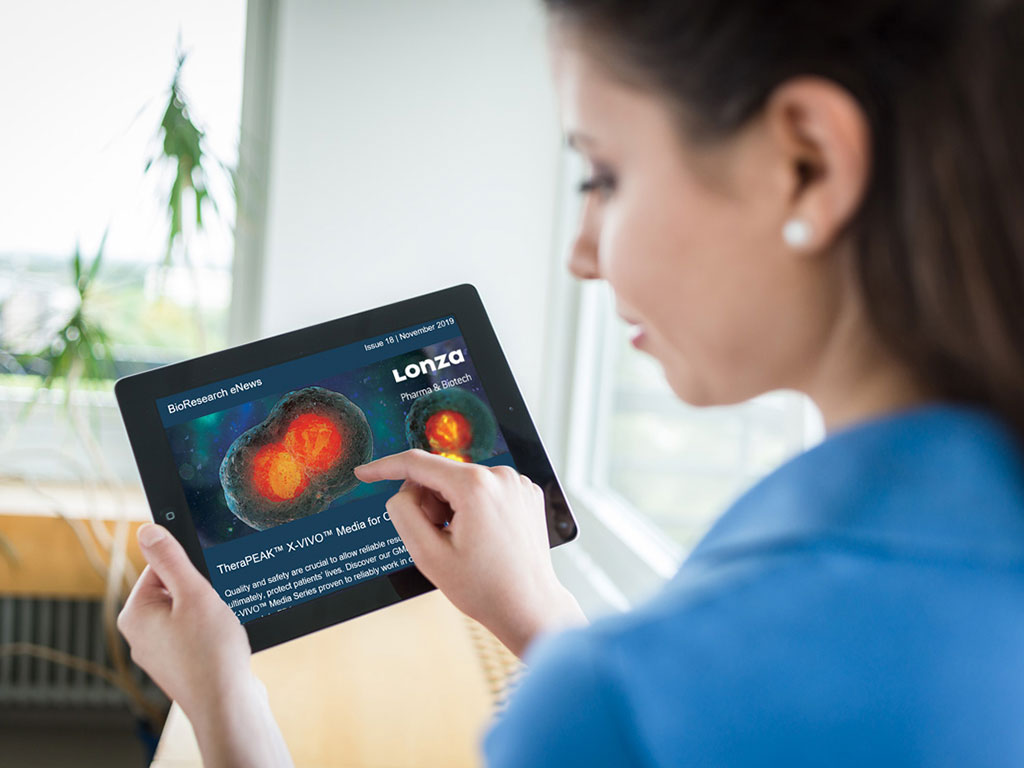Added to Your Shopping Cart
Certificate of Analysis
Are you looking for...
You might be interested in...
Type in Product name, Keyword or Catalog number to see suggestions.
Looking for a Certificate of Analysis?
Have your catalog and lot numbers ready and click the link.
Find CoA
Need help? Please contact us
FlashGel™ Camera
FlashGel™ Camera
Catalog #: 57040
FlashGel™ Camera, fast documentation directly at the bench
Product Overview
The FlashGelTM Camera captures data from the FlashGelTM System and allows you to say goodbye to darkrooms and UV light. Complete separation and documentation safely, at your bench, in minutes. This simple digital camera in an enclosed hood connects directly to your laptop or PC via USB cable.
Components of available product configurations
| Catalog # | Product name | Dock | Camera | Power supply | Cassettes | Accessories (marker, loading dye) |
| 57067 | FlashGelTM System | + | + | – | + | + |
| 57026 | FlashGelTM DNA Starter Kit | + | – | – | + | + |
| 57025 | FlashGelTM Dock | + | – | – | – | – |
| 57040 | FlashGelTM Camera | – | + | – | – | – |
| 57068 | FlashGelTM Power Supply | – | – | + | – | – |
| 57062 | FlashGelTM Device Pack | + | + | + | – | – |
| 57069 | FlashGelTM Power Supply Pack | + | – | + | – | – |
| 57065 | FlashGelTM Camera Pack | + | + | – | – | – |
| 57024 | FlashGelTM RNA Starter Kit | – | – | – | + | + |
Benefits
- 5 minute separation and recovery, See bands in as little as 2 minutes
- Recover samples directly without UV light band excision or purification
- Real-time separation and documentation
- Watch band migration as it happens
- Photograph gels at the bench without DNA damaging UV light
- Outstanding sensitivity and resolution
Applications
- DNA Electrophoresis
- RNA Electrophoresis
Storage and Content
- FlashGelTM Camera
SDS, CoA, and Instructions
Certificate of Analysis (CoA)
Please enter Lot Number, including all zeros, located on the product label and please take into account that it is case sensitive.
Educational Material
Brochures, White Papers etc.
-
Poster: Use of FlashGel® Cassettes for separations in gene editing workflows
Presented at ABRF 2020, we demonstrate here the use of FlashGel“ DNA Cassettes as tools to monitor the results of several electrophoretic separation steps that maybe involved in the CRISPR/Cas9 gene editing workflow: mismatch cleavage assays, single guide RNA (sgRNA) screening, and single stranded DNA (ssDNA) production.
